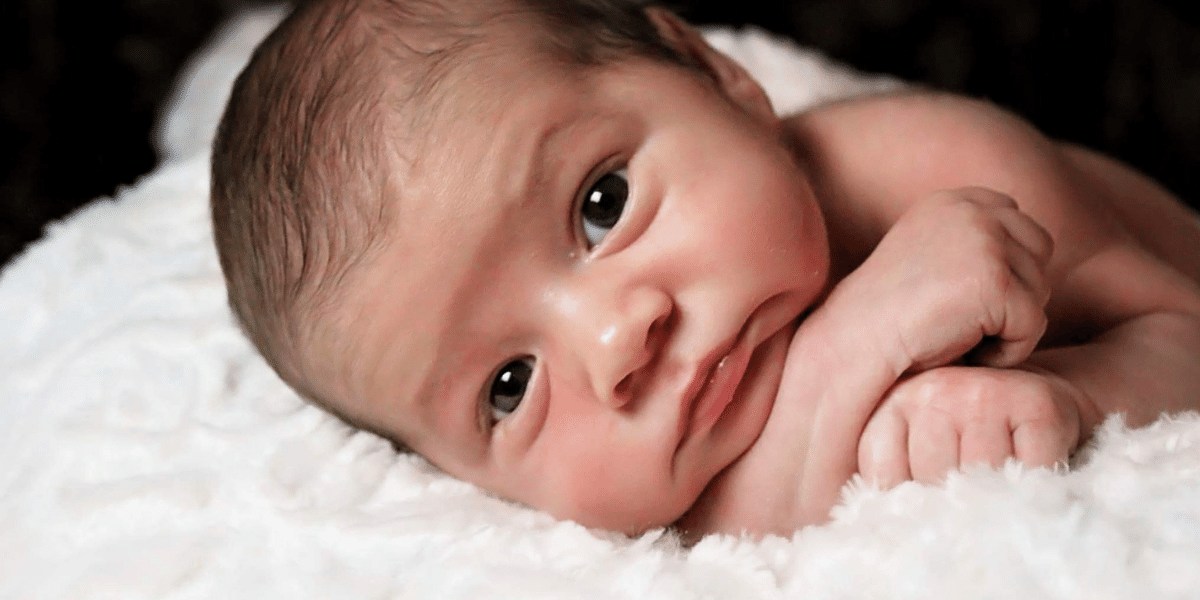While COVID gets all the attention, Respiratory Syncytial Virus, or RSV, is showing up earlier than normal and at higher rates than expected. RSV is a respiratory virus that hits very young children particularly hard.
The virus usually peaks in the heart of winter, but it is running rampant right now. The respiratory virus is highly contagious and spreads through droplets in the air after a cough or sneeze.
Adults and older children usually get through RSV like they would a mild cold, but if it spreads to infants, the infection can be much more serious. Preventing transmitting RSV is the best way to keep babies safe.
Dr. Natasha Bagdasarian, MDHHS chief medical executive, said, “Avoid close contact with people who are unwell, wash hands often, cover sneezes, avoid touching your face with your hands and frequently disinfect surfaces.”
It is also important to keep children home when sick, avoid close contact actions like kissing, handshakes, sharing cups and utensils, and clean frequently touched surfaces such as doorknobs, toys, and mobile devices.
It’s important to call your child’s health care provider right away if your child has any of the following signs or symptoms:
- A cold and is less than six months of age or at high risk for RSV.
- Difficulty breathing:
- Short, shallow and fast breaths.
- Skin between ribs or under the neck pulls with each breath.
- Lips, tongue or skin color turns blue or gray.
- Trouble eating, drinking or sleeping.
- Gets dehydrated (decreased number of wet diapers).
Reporting for WGRT – Jennie McClelland


